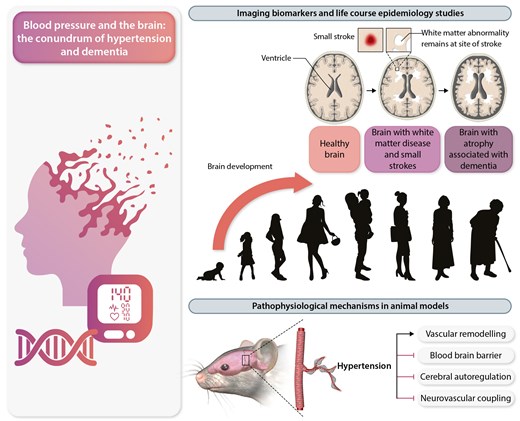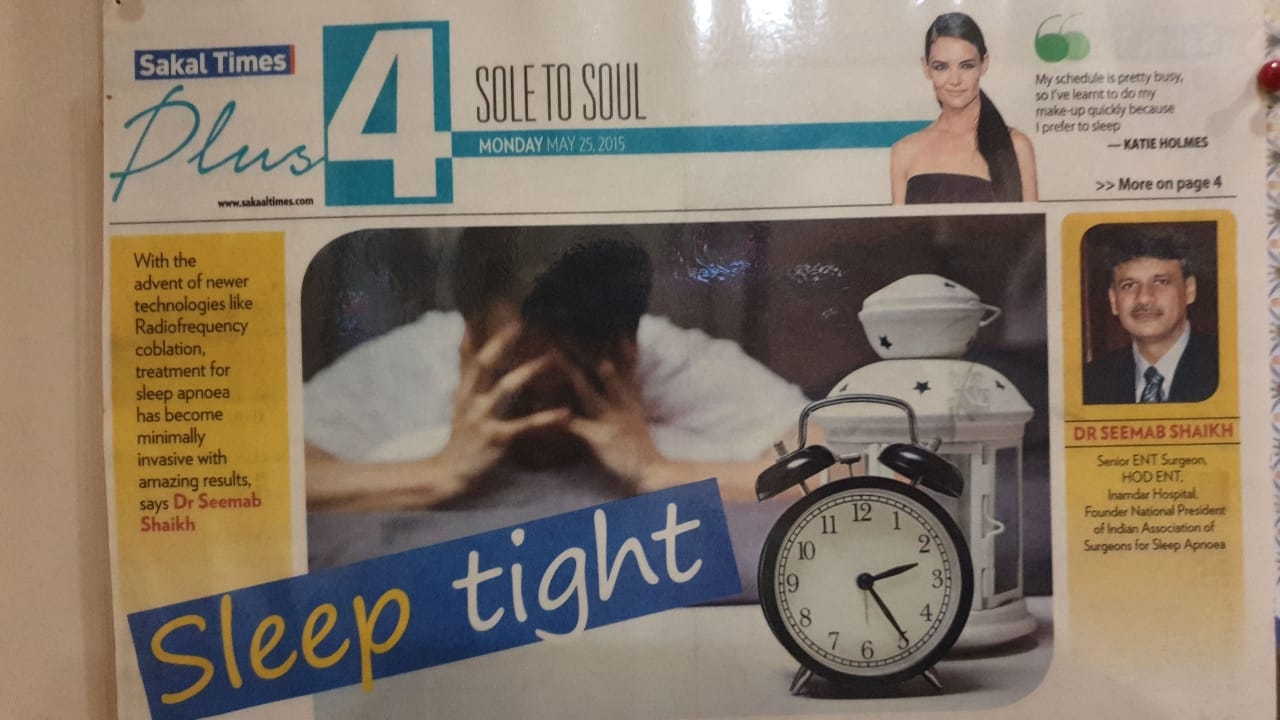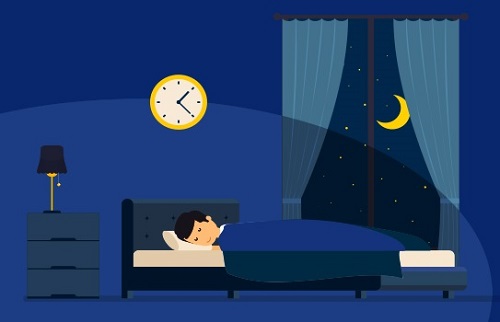
02 Apr 2025
Rise in sleep-related disorders by 15-20 per cent: experts
During the Covid-19-induced nationwide lockdown, specialists in Pune and across the country were challenged on how to tackle sleep-related disorders and conduct sleep studies at home, with experts reporting that the incidence of such disorders has increased by 15-20 percent. Doctors have also attributed anxiety levels as a contributing factor due to the Covid-19 pandemic-related uncertainties.
Ahead of World Sleep Day on March 19, which has the theme ‘Regular Sleep, Healthy Future’, a consensus document has been released as a reference guide for physicians on practicing sleep medicine during the pandemic.
Published in the Indian Journal of Sleep Medicine, the document discusses new-onset sleep disturbances, including insomnia and circadian rhythm disorders, that have been reported during this period. Severe COVID-19 disease and obstructive sleep apnea (OSA) may have shared risk factors, including advancing age, systemic hypertension, and cardiovascular disease.
Dr Seemab Shaikh, founder president of the Indian Association of Surgeons for Sleep Apnea and one of the authors of the document, said the incidence of sleep disorders has increased by 15 to 20 percent. “Pre-COVID-19, daily there were four to five consultations. Due to the lockdown, we started teleconsultations, and there were at least eight to ten inquires with more cases once OPDs commenced,” Shaikh, who is also a consulting ENT and sleep specialist, told The Indian Express on Friday.
OSA is a sleep disorder where a person’s breathing stops involuntarily due to over-relaxation of throat muscles. Such pauses in breath occur multiple times throughout the night, leading to disrupted and poor sleep.
Globally, OSA is on the rise, and according to several studies, there is a steady increase in the number of people in India who suffer from this sleep disorder.







